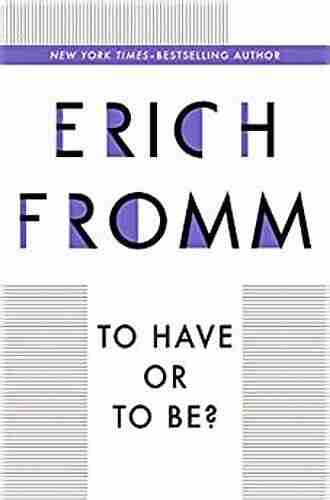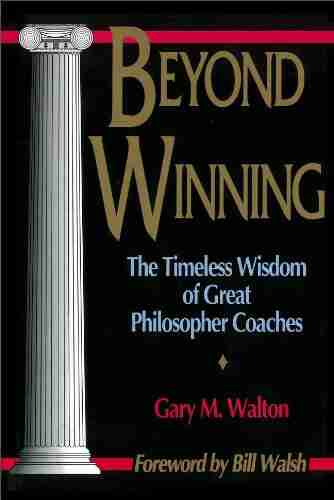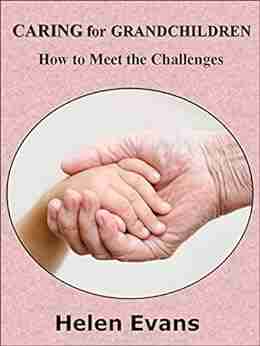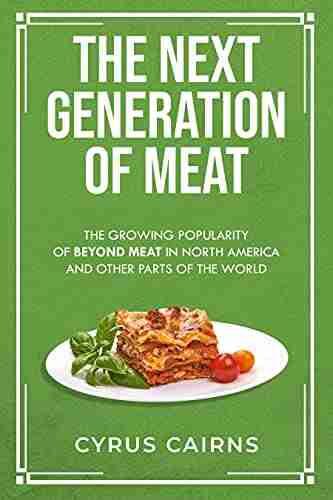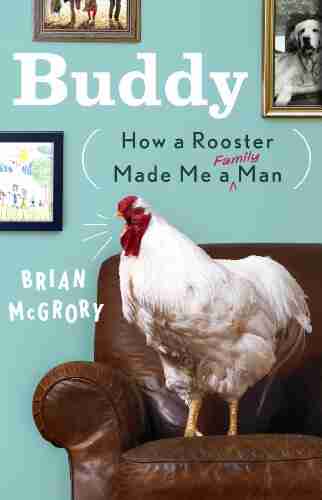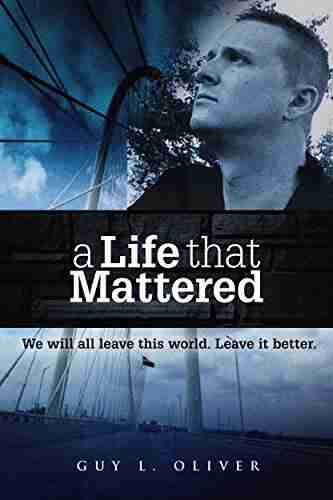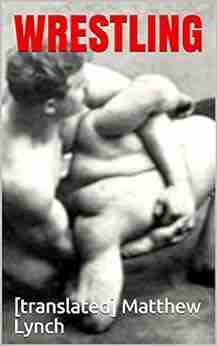



















Do you want to contribute by writing guest posts on this blog?
Please contact us and send us a resume of previous articles that you have written.
The Impact of the To Have or To Be Continuum

The To Have or To Be continuum is a psychological concept introduced by Erich Fromm in his book "To Have or To Be?". It explores the fundamental difference between two modes of existence: having and being. This continuum highlights the contrasting values, priorities, and lifestyles associated with these two approaches to life.
In a society that often equates success with material possessions and wealth, understanding the implications of the To Have or To Be continuum becomes crucial. Let's delve deeper into this concept and uncover its impacts on individuals and society as a whole.
The To Have Mode
The To Have mode focuses on material possessions. Individuals who embrace this mode strive for accumulation, seeking fulfillment through possessions, status, and external recognition. They believe that possessing more goods will enhance their sense of self-worth and satisfaction.
The pursuit of material wealth can lead to a never-ending cycle of desire and dissatisfaction. Additionally, the emphasis on ownership can contribute to feelings of competition, jealousy, and isolation. The To Have mode often promotes a hedonistic lifestyle, where personal pleasure becomes the ultimate goal.
In a society dominated by consumerism, it is easy to fall into the To Have mode as the means of measuring success and happiness. However, this mode can be experienced as empty and elusive, leaving individuals perpetually dissatisfied, always yearning for more.
The To Be Mode
In contrast, the To Be mode prioritizes personal growth, self-awareness, and meaningful connections. Instead of pursuing material possessions, individuals in the To Be mode focus on developing and nurturing inner qualities, relationships, and experiences.
Embracing the To Be mode necessitates a shift in values, recognizing that true happiness and fulfillment come from personal development, wisdom, and self-actualization. Rather than defining oneself through external possessions, individuals in the To Be mode seek to cultivate their authentic selves and contribute positively to the world.
Living in the To Be mode promotes a more harmonious and connected way of being. This mode fosters empathy, compassion, and a sense of belonging. Rather than competing with others, individuals in this mode prioritize cooperation, community, and collective well-being.
The Impact on Individuals
The To Have or To Be continuum has profound implications for individuals. Those who are deeply entrenched in the To Have mode often experience a sense of emptiness and dissatisfaction. They may constantly chase after material possessions, financial success, and accomplishments without ever finding true happiness.
On the other hand, individuals who embrace the To Be mode tend to have a more fulfilling and meaningful existence. They prioritize personal growth, self-reflection, and deep connections. Instead of basing their self-worth on external factors, they find satisfaction from their inner qualities and authenticity.
The To Be mode allows individuals to live a life aligned with their values and passions. It encourages them to pursue their dreams, explore their talents, and contribute positively to society. By focusing on personal development, individuals in the To Be mode create a sense of purpose and fulfillment that goes beyond material possessions.
The Impact on Society
The impact of the To Have or To Be continuum extends beyond the individual level; it also affects society as a whole. A society overly focused on the To Have mode tends to be marked by materialism, inequality, and environmental degradation.
The pursuit of possessions at all costs leads to increased financial disparities, as some accumulate vast wealth while others struggle with poverty and deprivation. This creates social divisions and fosters a sense of alienation between individuals.
Moreover, the To Have mode perpetuates a consumerist culture that places a heavy burden on the environment. As individuals constantly strive for more material possessions, the demand for resources intensifies, leading to overconsumption and environmental degradation.
Embracing the To Be mode, however, can foster a more egalitarian and sustainable society. By focusing on personal growth, self-awareness, and meaningful connections, individuals become more empathetic and compassionate towards others. This strengthens social cohesion, reduces inequality, and facilitates a more harmonious coexistence.
Additionally, prioritizing the To Be mode encourages people to adopt more sustainable and mindful lifestyles. Instead of mindlessly consuming, individuals become conscious of their ecological footprint and embrace practices that support the well-being of the planet.
The To Have or To Be continuum represents a fundamental choice between living a life centered around material possessions or one focused on personal growth, self-awareness, and meaningful connections. While the To Have mode may provide temporary pleasure, it often results in an empty and unfulfilling existence. In contrast, the To Be mode offers a more genuine sense of happiness and purpose.
Understanding the impact of the To Have or To Be continuum is crucial in a society that often equates success with material wealth. By embracing the To Be mode, both individuals and society can break free from the cycle of consumerism and strive for a more harmonious, fulfilled, and sustainable way of being.
From the legendary psychoanalyst who wrote The Art of Loving and Escape from Freedom: A profound critique of materialism in favor of living with meaning.
Life in the modern age began when people no longer lived at the mercy of nature and instead took control of it. We planted crops so we didn’t have to forage, and produced planes, trains, and cars for transport. With televisions and computers, we don’t have to leave home to see the world. Somewhere in that process, the natural tendency of humankind went from one of being and of practicing our own human abilities and powers, to one of having by possessing objects and using tools that replace our own powers to think, feel, and act independently. Fromm argues that positive change—both social and economic—will come from being, loving, and sharing. This ebook features an illustrated biography of Erich Fromm including rare images and never-before-seen documents from the author’s estate.

 Fernando Pessoa
Fernando PessoaThe Ultimate Guide to New Addition Subtraction Games...
In this day and age, countless parents are...

 Ethan Mitchell
Ethan MitchellThe Ultimate Guide for the Aspiring Pianist: Unleash Your...
Are you a beginner pianist feeling...

 Gerald Parker
Gerald ParkerWow Robot Club Janice Gunstone - The Mastermind Behind...
Robots have always fascinated...

 Dylan Hayes
Dylan HayesIdeal For Catching Up At Home: CGP KS2 Geography
Are you looking for the perfect resource to...

 Kevin Turner
Kevin TurnerThe Ultimate Pictorial Travel Guide To Vietnam: Explore...
Discover the rich...

 D'Angelo Carter
D'Angelo CarterUnlocking the Secrets of Compact Stars: Exploring...
Compact stars have...

 Isaiah Price
Isaiah PriceUnveiling the Hidden Gem: Google Places Goliath Valley...
Are you tired of visiting the same old...

 Donald Ward
Donald WardEssays Towards Theory Of Knowledge: Exploring the Depths...
Are you ready to delve into...

 Thomas Mann
Thomas MannThe Ultimate PMP Project Management Professional All In...
Are you ready to take your project...

 Trevor Bell
Trevor Bell10 Incredible Stories From Life In Football That Will...
The Beautiful Game - Football...

 Zachary Cox
Zachary Cox100 Amazing And Unexpected Uses For Coconut Oil
Coconut oil, a versatile and widely loved...

 Owen Simmons
Owen SimmonsUnveiling the Enigma of Die Blaue Brosche: A Family’s...
Have you ever heard of Die Blaue Brosche...
Light bulbAdvertise smarter! Our strategic ad space ensures maximum exposure. Reserve your spot today!
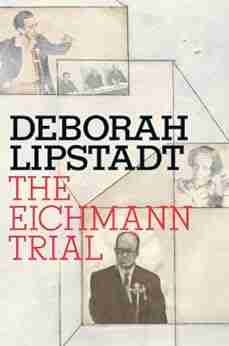
 Ivan TurnerThe Eichmann Trial: A Gripping Account of Holocaust Justice Revealed in the...
Ivan TurnerThe Eichmann Trial: A Gripping Account of Holocaust Justice Revealed in the...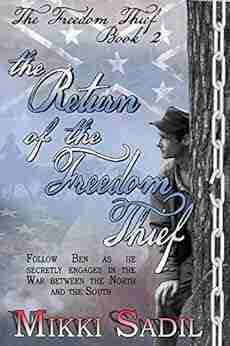
 Frank ButlerThe Return of the Freedom Thief: Unveiling the Mysterious Mastermind Behind...
Frank ButlerThe Return of the Freedom Thief: Unveiling the Mysterious Mastermind Behind...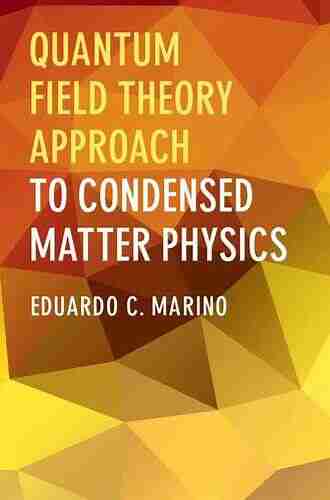
 Julio Ramón RibeyroUnveiling the Secrets of the Quantum Realm in Condensed Matter Physics
Julio Ramón RibeyroUnveiling the Secrets of the Quantum Realm in Condensed Matter Physics Dennis HayesFollow ·17.8k
Dennis HayesFollow ·17.8k Brody PowellFollow ·6k
Brody PowellFollow ·6k VoltaireFollow ·14.9k
VoltaireFollow ·14.9k John GreenFollow ·11.3k
John GreenFollow ·11.3k Alec HayesFollow ·13.1k
Alec HayesFollow ·13.1k Andy ColeFollow ·3k
Andy ColeFollow ·3k Emanuel BellFollow ·14.9k
Emanuel BellFollow ·14.9k Jack ButlerFollow ·10.1k
Jack ButlerFollow ·10.1k


